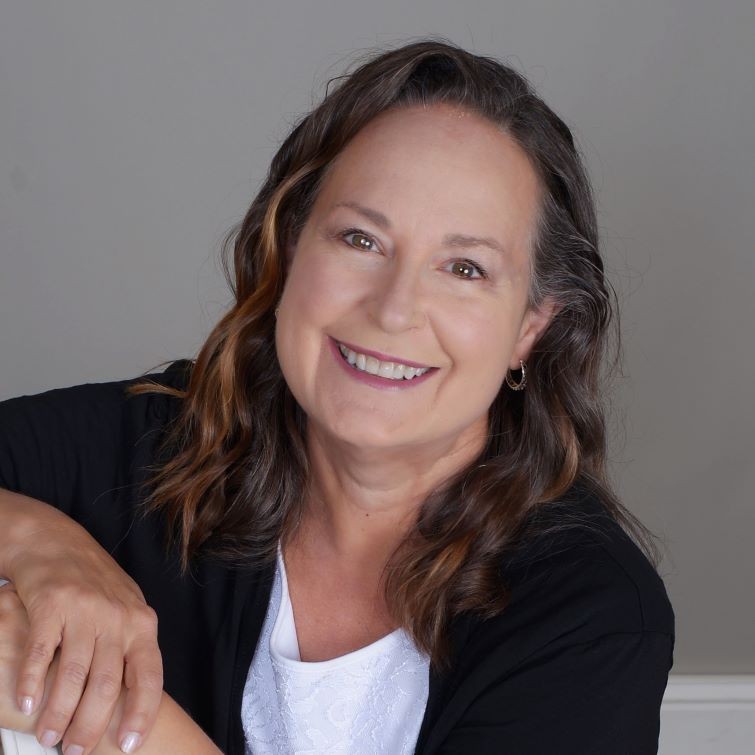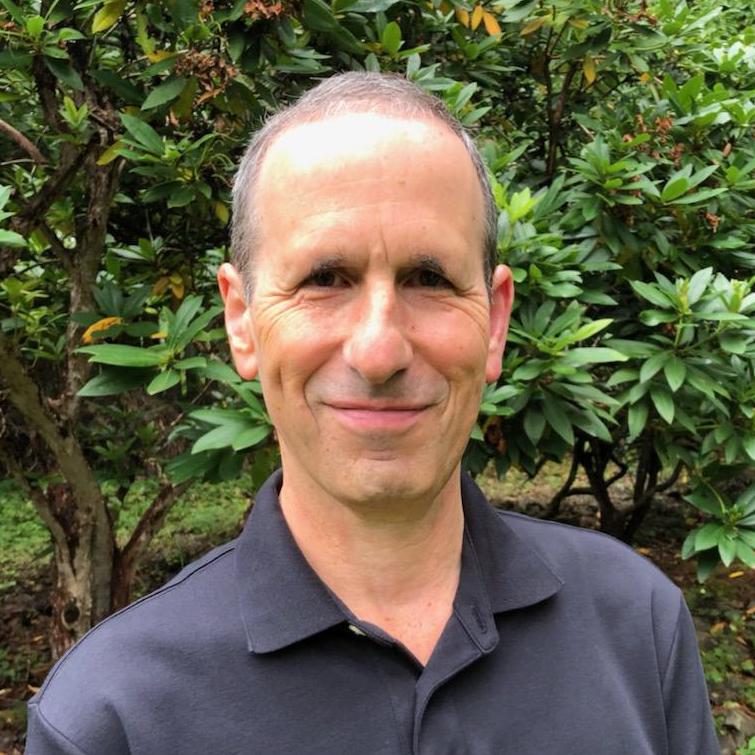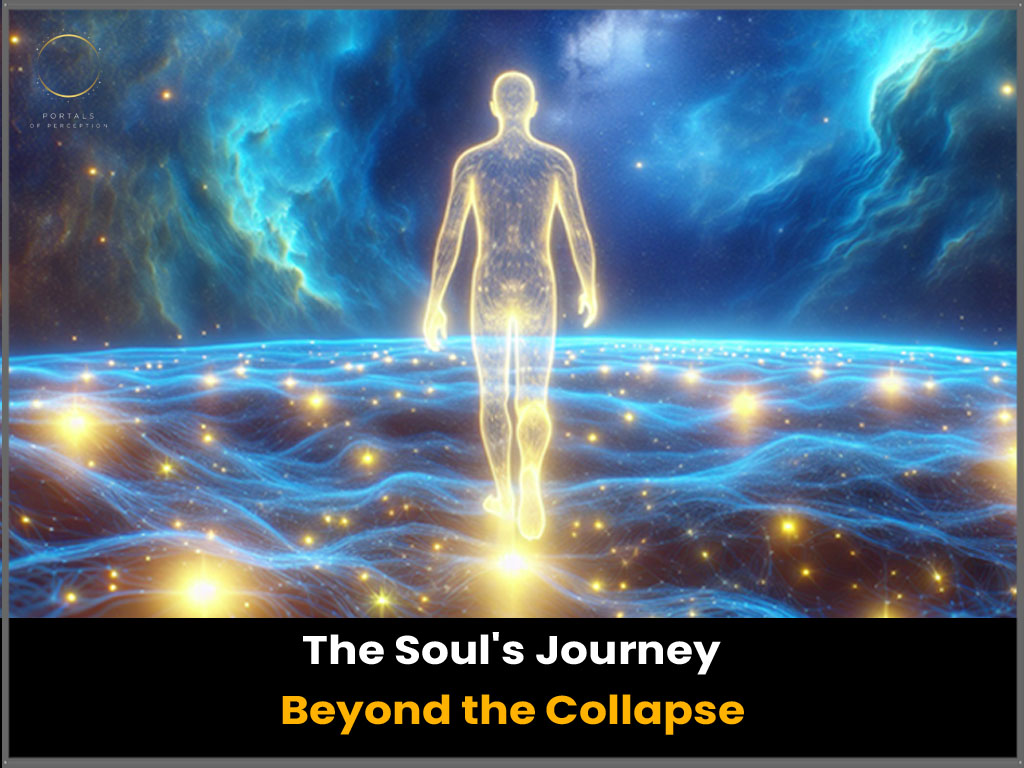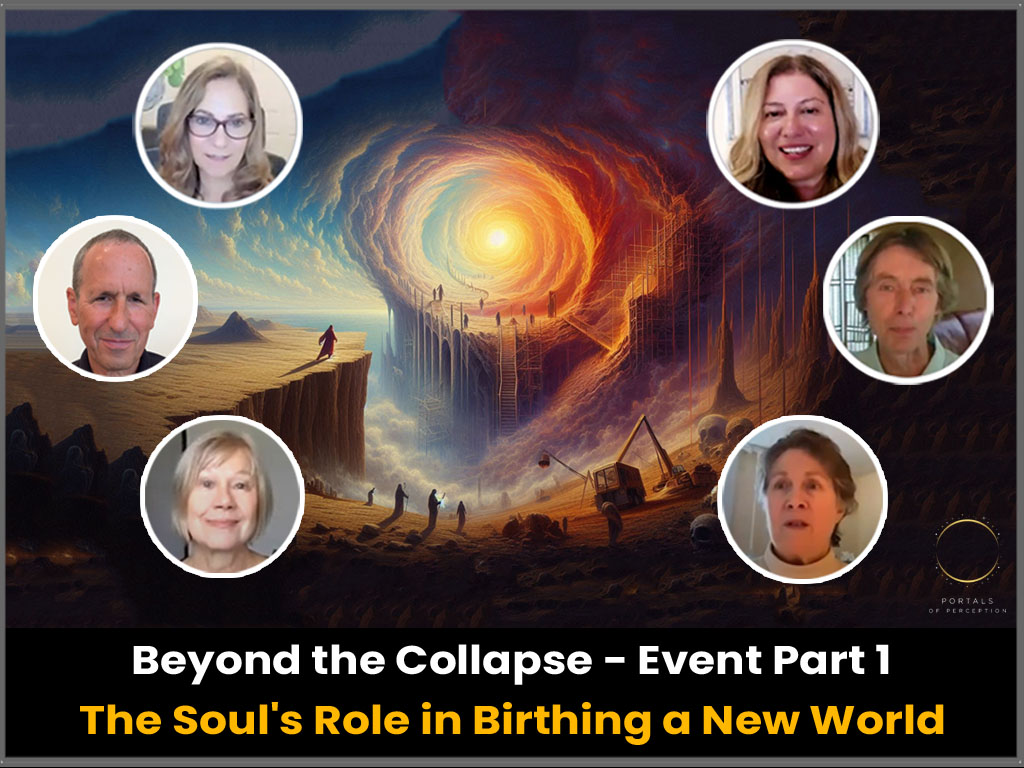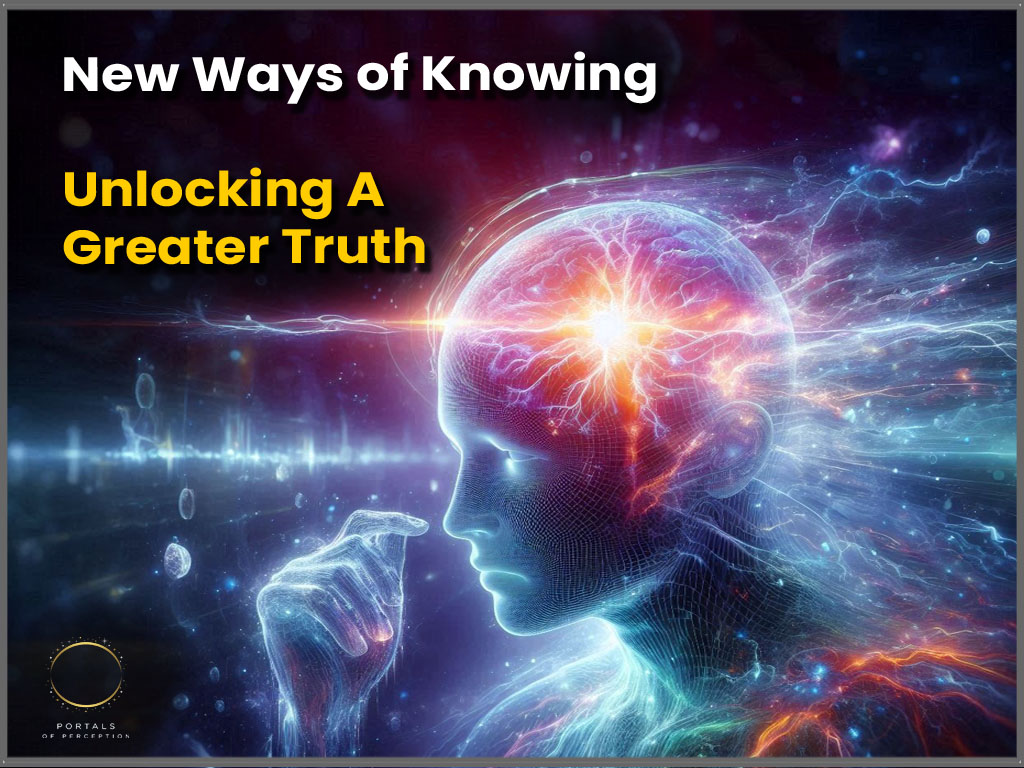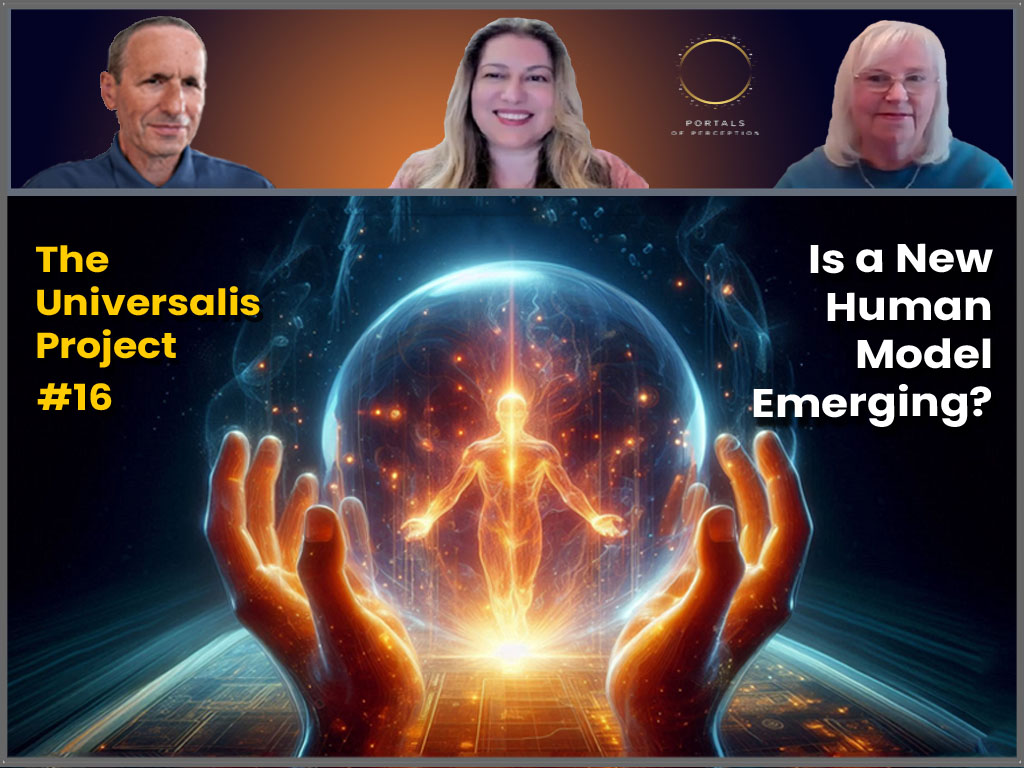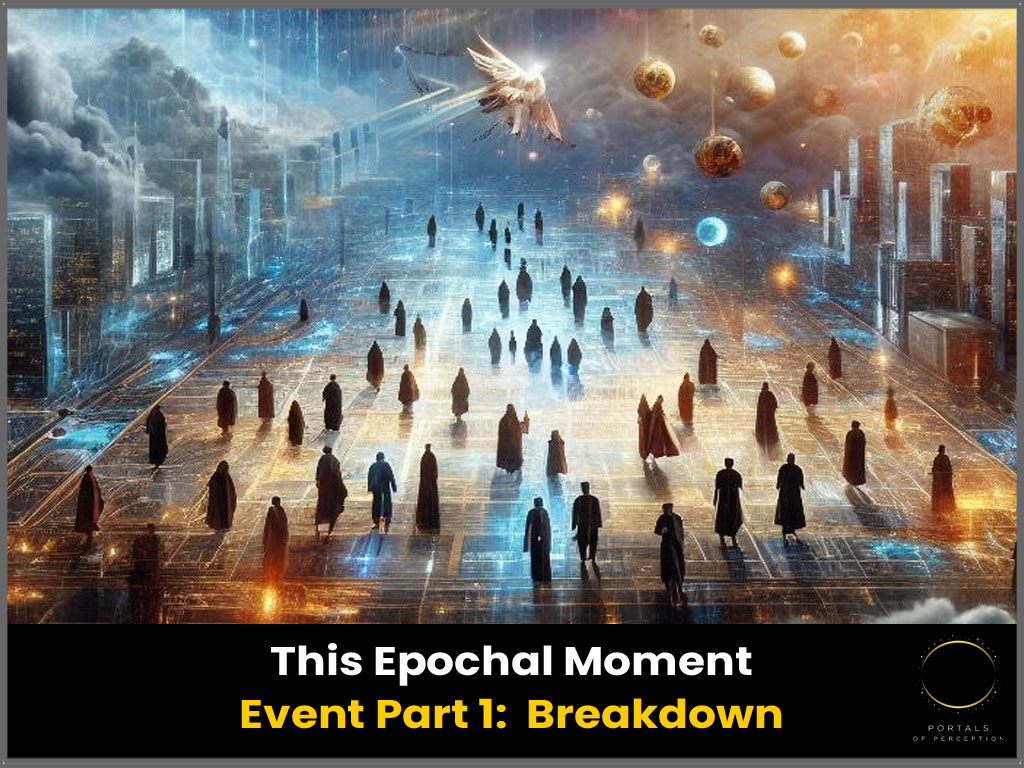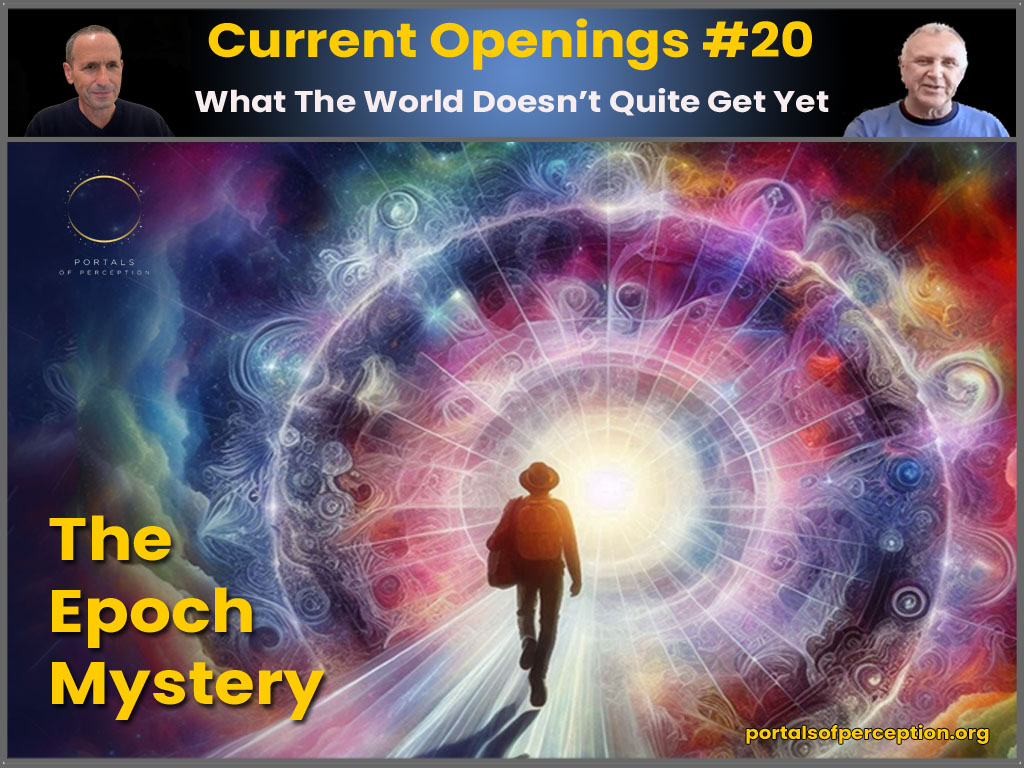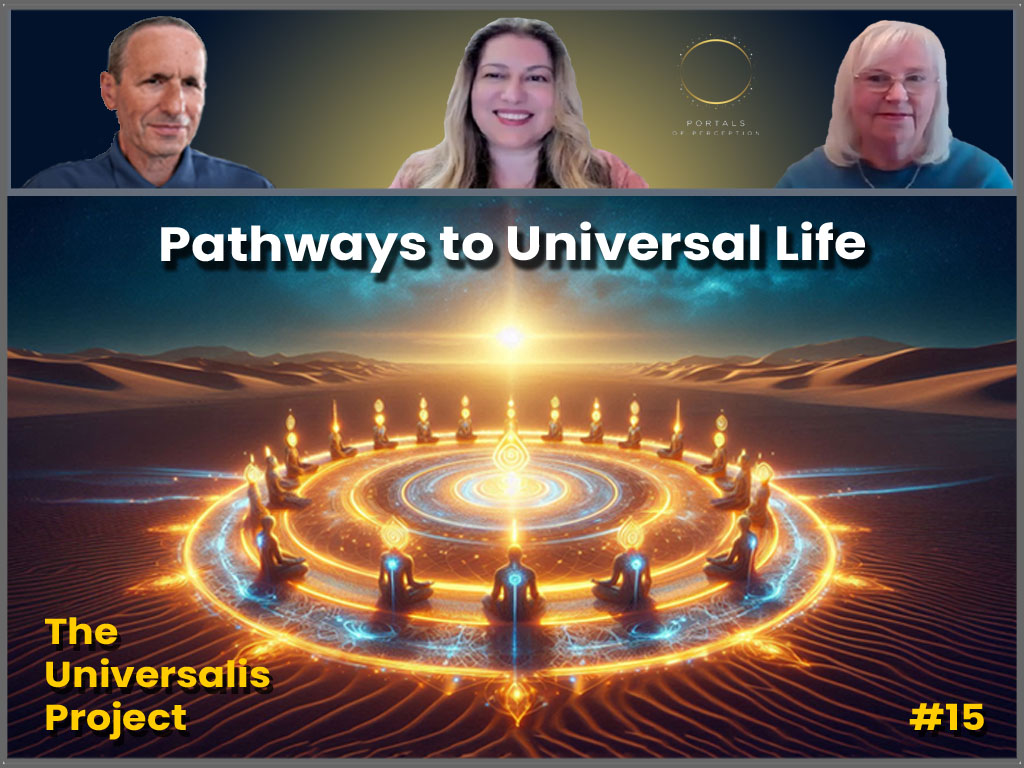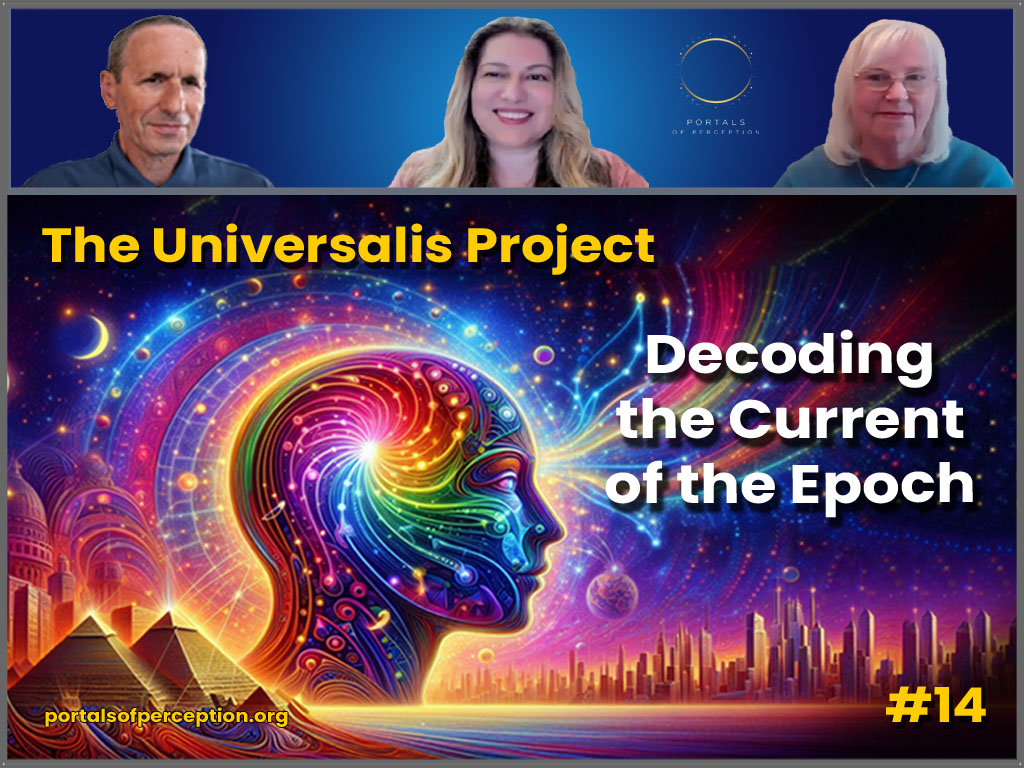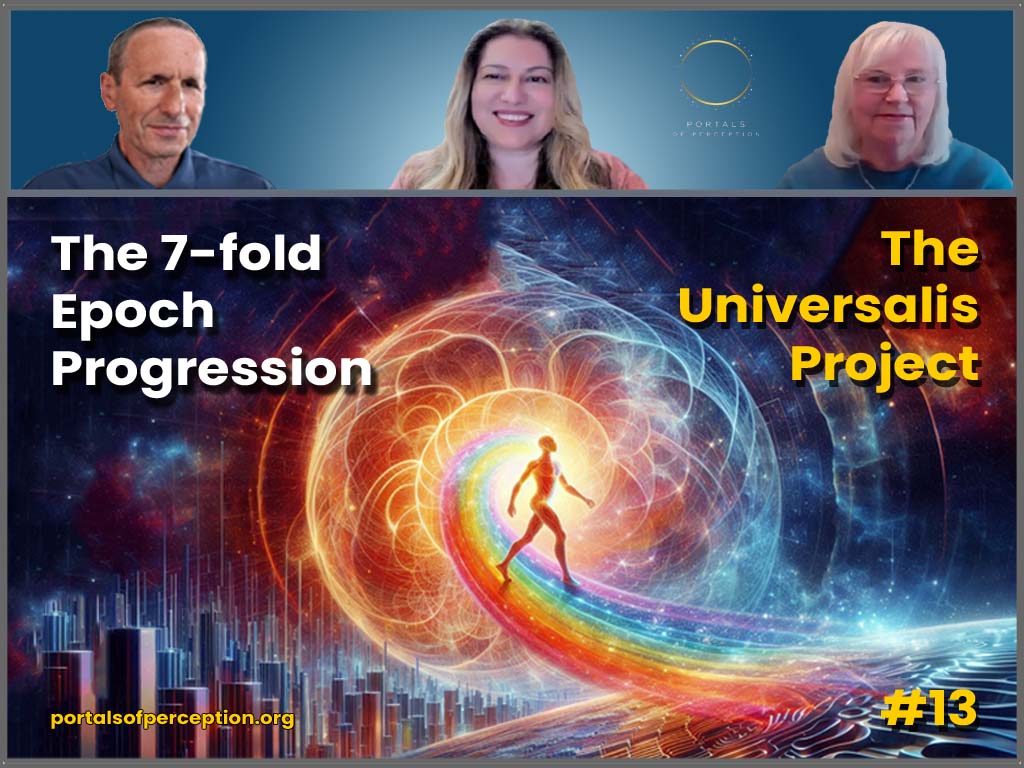
There is an opportunity to redefine our later years:
What it means to be retired in today's world is a fast evolving concept. And while many may find that there are certain limits to their physical capabilities, there are few limits to a person's ability to be more conscious, and more intentional, in how they approach all the endeavors they engage in.
Aviv: So, what I find compelling, Daphne, in the dialogue between us, is the idea that we're saying we can explore what regenerative living means, in the latter part of life. Say, into your 50s, into your 60s, into your 70s and beyond, into 80s, 90s, and beyond, with the emphasis and with the awareness of, at least in the traditional pattern, people retire, that's more in the old paradigm.
I don't think the future will have that same concept of retirement in the same way. I think we are largely retiring the concept of retirement.
Still, using this idea of stepping back from that intense engagement in the circle of commitment, and presumably, if a person is lucky enough, or was thoughtful enough in the preparation to get to a position to do so, they can afford to retire from a full employment scenario, we are inquiring about what is the meaning, and what is the significance, of this next stage of life, and what it may mean in terms of personal growth and development, in terms of how one can continue to evolve as a human being, specifically, actually, as a regenerative life, because the body gets old, but you can actually stay young on the inside?
